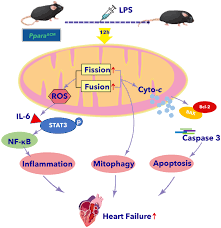
Fri, 2023/07/21
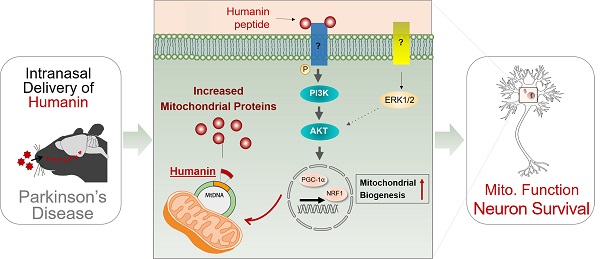
Fri, 2023/07/21
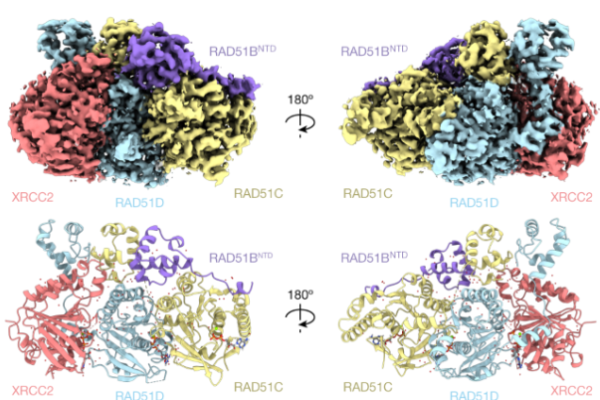
Sat, 2023/07/01
Structure and Function of the RAD51B-RAD51C-RAD51D-XRCC2 Protein Complex
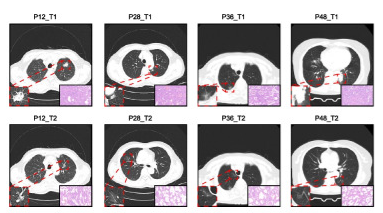
Sat, 2023/07/01
B4GALT1 Promotes Immune Escape in Lung Adenocarcinoma
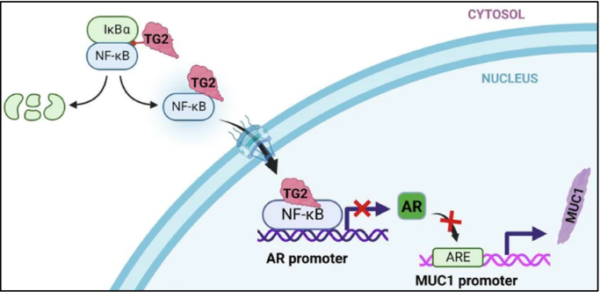
Sat, 2023/07/01
Mutated TG2 Enzyme Promotes the Progression and Diffusion Mechanism of Prostate Cancer
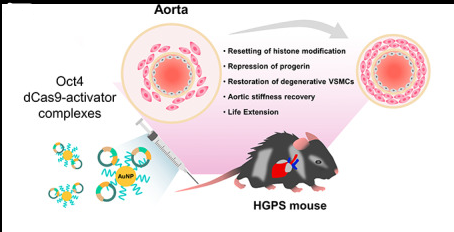
Fri, 2023/06/30
By Activating Oct4, Premature Aging Mouse Cells Can Recover Their Vitality
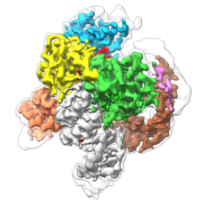
Mon, 2023/05/15
Three Dimensional Structure of the Smallest Programmable Nuclease Tnpb
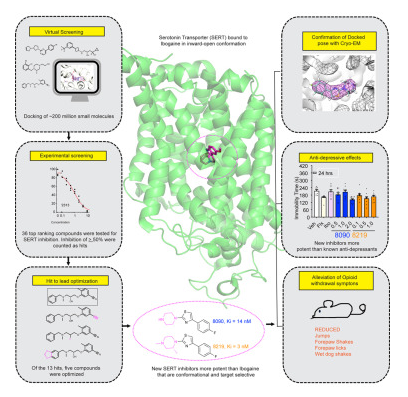
Mon, 2023/05/15
Scientists Have Screened New Serotonin Transporter Inhibitors From Over 20 Billion Molecules
